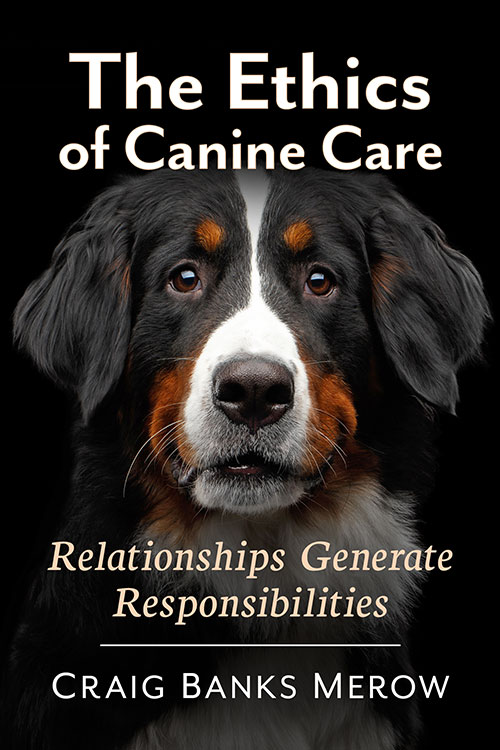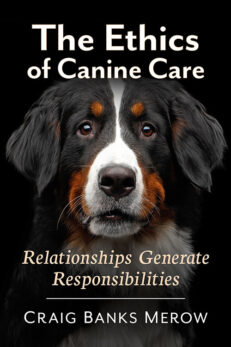The Ethics of Canine Care
Relationships Generate Responsibilities
$49.95
In stock
About the Book
The social status of dogs has changed dramatically in the past 75 years. Today, most dog owners and small animal veterinarians consider companion canines to be members of their families and communities. However, the attitudes of some dog owners concerning their responsibilities to their dogs—and many of the laws that regulate dog ownership and veterinary medical practice—largely reflect the human/canine relationship and ethical norms of an earlier era. This incongruity leads to unmet needs for companion canines and high levels of stress for many veterinary clinicians.
This book presents arguments for human responsibilities to companion canines, a detailed analysis of what those responsibilities entail, and the professional ethical standards and laws needed to ensure that responsibilities are met. A new moral framework—the Custodial Property Framework—is created for the care and medical treatment of companion canines, and is grounded in a detailed analysis of the responsibilities of care generated by the relationship we have with our “best friends.”
About the Author(s)
Bibliographic Details
Craig Banks Merow
Format: softcover (6 x 9)
Pages: 231
Bibliographic Info: 3 photos, notes, bibliography, index
Copyright Date: 2023
pISBN: 978-1-4766-8798-8
eISBN: 978-1-4766-5117-0
Imprint: McFarland
Table of Contents
Acknowledgments vi
Preface: A Moral Problem in Need of a Solution 1
Introduction: A New Moral Framework 9
One. The “New Work of Dogs” 15
Two. Relationships Generate Responsibilities 41
Three. Responsibilities of Care 83
Four. Meeting Responsibilities 131
Five. “The Personal Is Philosophical Is Political” 162
Key to Abbreviations 189
Chapter Notes 191
Bibliography 208
Index 219
Book Reviews & Awards
-
- “This book should be required reading for anyone who has ever cared for a dog in any capacity.”—Leslie Irvine, Ph.D., Professor of Sociology, University of Colorado, Boulder
<li“A fascinating new book… [that] challenges each of us to think through our individual and collective moral responsibilities to dogs.”—Psychology Today.





